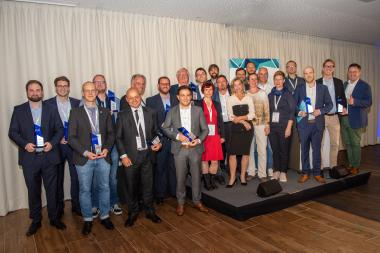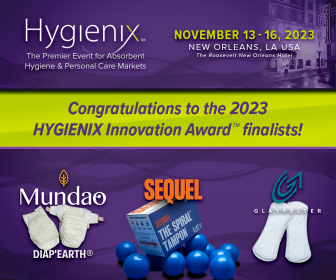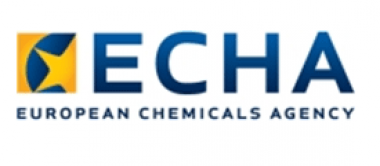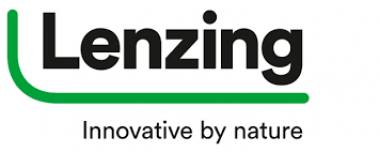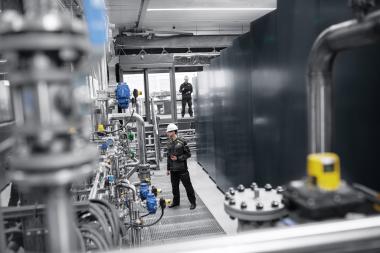Perstorp receives a gold medal for sustainability from EcoVadis
Perstorp has advanced to a gold medal by EcoVadis for the year 2023. This means that, when it comes to sustainability performance, Perstorp now ranks in the top 5 percent of the industry.
Since its founding in 2007, EcoVadis has grown to become the world's largest and most trusted provider of business sustainability ratings, creating a global network of more than 100,000 rated companies.
"EcoVadis today is the standard for ESG ratings within the chemical industry and is the selected partner for sustainability assessments for Together for Sustainability. The fact that we've received more than 100 inquiries from customers seeking our EcoVadis reporting in recent years shows the value it brings to the value chain," says Anna Berggren, Vice President Sustainability.
Perstorp showed progress in three of the four evaluation areas during 2023 –– Environment, Labor & Human Rights, and Sustainable Procurement.
"We have seen advancements in the most heavily weighted areas Environment and Labor & Human Rights,” notes Berggren. “Moreover, our progress in Sustainable Procurement places us among the top 4 percent of chemical companies globally. It has been an amazing effort from many parts of the company that contributed to us obtaining this gold medal.





